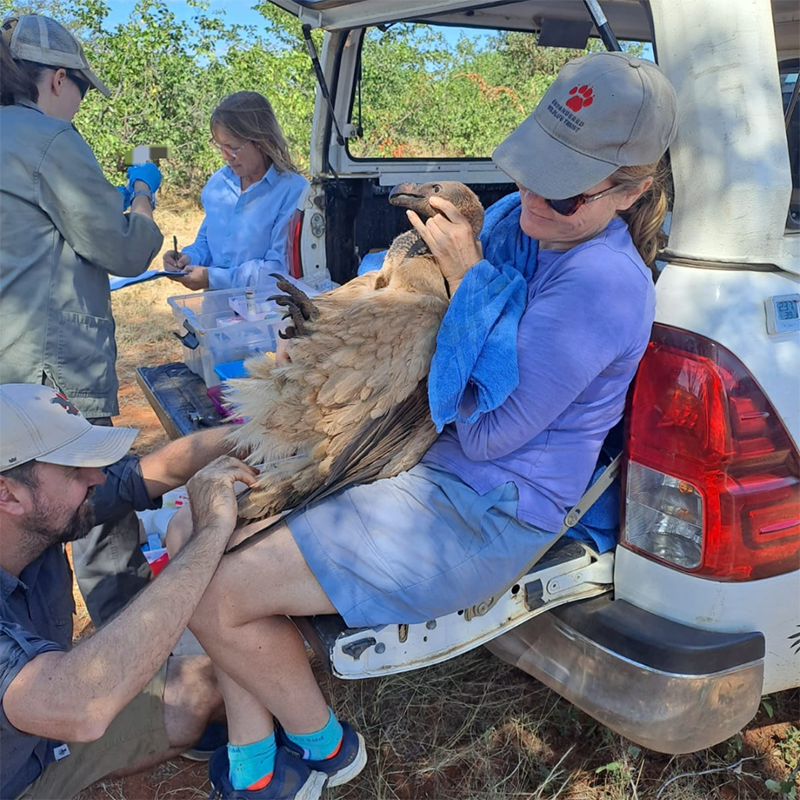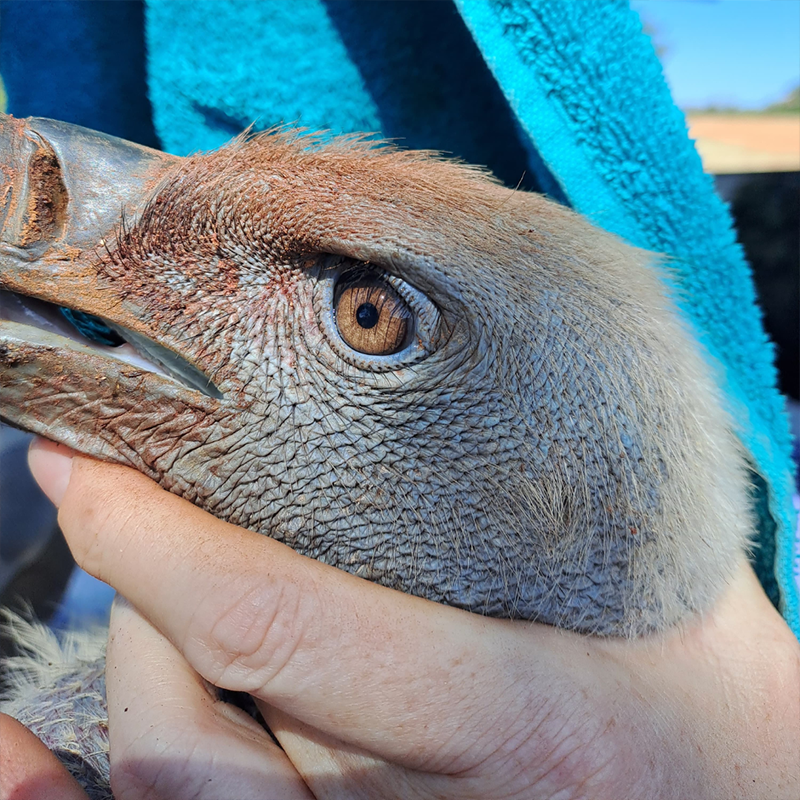Conservation
The location of Limpokwena acts as a gateway between the wilderness of Thuli Game Reserve in Botswana and South Africa. Due to this very unique location, there is a wide array of species that move through the property which makes our location truly wild.
Due to the very deep link between the owner of the property, the late Markus Jebsen and his family, who acquired the property in 2013 and their conservation roots with various projects worldwide which include numerous nature reserves and rewilding projects here in Southern Africa as well as in Romania, Australia, Denmark and the USA, the journey began to rewild Limpokwena from its varied past.
One of the first projects that was undertaken was to remove the obtrusive government fencing which ran across the property and formed a barrier for species which historically were able to move through the land. This opened the property up to Botswana with the Limpopo River acting as the boundary between countries. This enabled the animals to move through the reserve freely for the first time in many years and one step nearer to the goal of larger unfenced areas for animals to move through, including the elephants who over the previous years had not had access to the reserve.
This had the result that nature started regulating itself with various spinoffs of which the fantastic birdlife is a prime example.
Vultures
At Limpokwena, conservation is more than a concept — it’s a daily commitment. We recently had the honour of hosting the Endangered Wildlife Trust as they carried out vulture tagging on our reserve. This vital initiative supports the ongoing monitoring and protection of these remarkable, yet vulnerable, birds of prey. Vultures are essential to maintaining a balanced ecosystem, and their presence is a clear indicator of a healthy wilderness. We’re proud to play a role in safeguarding their future. From bushveld to biodiversity — every feather
truly counts.

Wild Dogs
There was also an increase in predator numbers such as wild dogs, who were now freely able to move through the property with a large pack of 22 individuals sighted first, and then followed by smaller free-roaming packs throughout the last few years. These free-roaming wild dog packs are very important genetically to the endangered wild dog populations with South Africa, Botswana and Zimbabwe.
They provide a fresh gene pool to the known populations of wild dogs. There are only between 3000-5000 wild dogs left in Africa and are extinct in 23 countries out of 39 countries. After a pack of 11 dogs were sighted often within Limpokwena over the period of a few months, The Endangered Wildlife Trust made the decision to collar one of the dogs for future monitoring and research. The pack has moved a massive distance between Limpokwena, Botswana, Musina, Pont Drift and many other predator friendly farms along the way, and have successfully denned twice in the surrounding areas.










